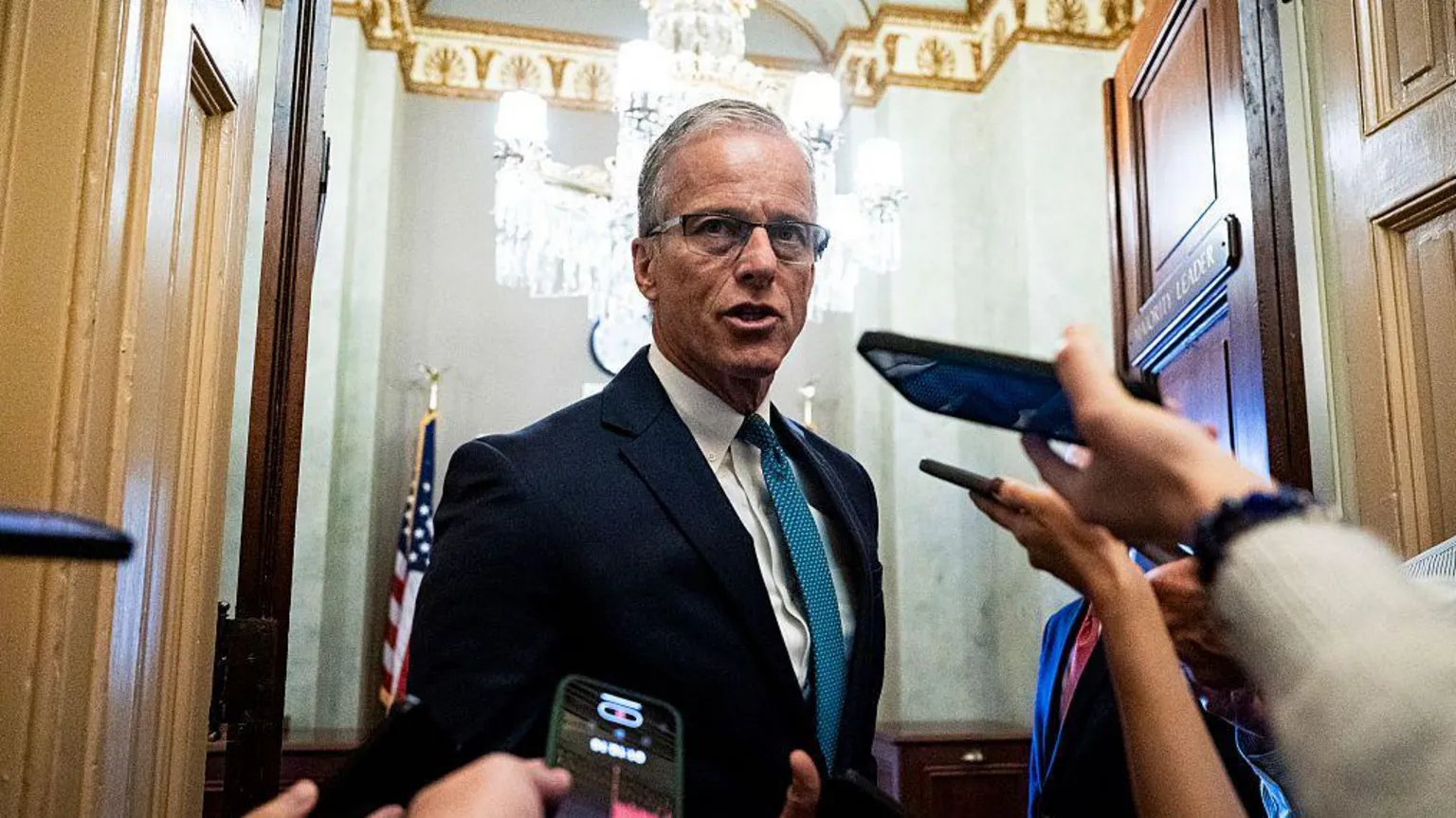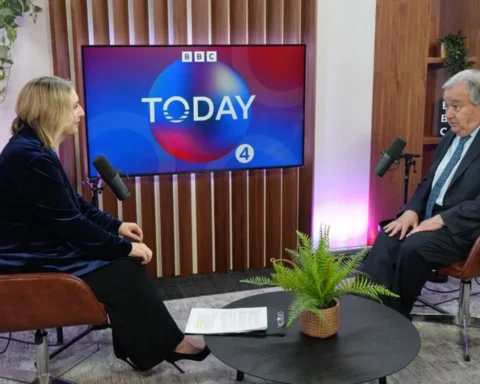Senate Republicans have taken a significant step toward enacting President Donald Trump’s ambitious second-term legislative centerpiece, the so-called “Big Beautiful Bill,” though its ultimate passage remains uncertain as divisions persist within the party.
In a narrow 51-49 procedural vote on Saturday, the Senate agreed to open debate on the sprawling 940-page legislation—marking a critical, though not final, hurdle. The vote came after intense lobbying from Senate leadership and the White House, with Majority Leader John Thune (R-SD) urging momentum ahead of a self-imposed July 4 deadline. Two Republicans, Rand Paul (KY) and Thom Tillis (NC), sided with Democrats in opposing the motion.
The bill is a cornerstone of Trump’s second-term agenda, promising to extend $3.8 trillion in tax cuts originally passed in 2017 and introduce new deductions, including for Social Security income and overtime pay. But it also proposes sweeping reforms to welfare programs and Medicaid, which have drawn fire from both Democrats and some Republicans.
The White House, in a memo circulated to Senate offices, endorsed the revised bill and warned that failure to pass it would amount to “the ultimate betrayal.” In response to ongoing Republican resistance, Vice President JD Vance was reportedly on standby to cast a tie-breaking vote—but party leaders ultimately secured just enough support without it.
Key holdouts like Senators Lisa Murkowski (R-AK) and Susan Collins (R-ME) were swayed by last-minute changes, including increased funding for rural hospitals and a temporary exemption for Alaska and Hawaii from proposed SNAP reforms. Senator Ron Johnson (R-WI), who initially opposed the bill, switched his vote in a dramatic last-minute reversal.
Still, resistance remains vocal. Democrats, led by Senate Minority Leader Chuck Schumer (D-NY), have vowed to delay proceedings by forcing a reading of the entire bill aloud—nearly 1,000 pages—before debate can begin. Meanwhile, critics within the GOP express concern about the potential electoral fallout of steep Medicaid cuts and divisive tax proposals.
The bill’s impact is far-reaching. According to the Congressional Budget Office, nearly 8 million Americans could lose health coverage due to proposed Medicaid changes. Senator Patty Murray (D-WA) called it “the largest healthcare cut in U.S. history,” while tech mogul Elon Musk blasted the bill on social media for imposing new taxes on renewable energy projects, warning it would “destroy millions of jobs” and pose “immense strategic harms.”
Adding fuel to the intra-party fire, Trump took to Truth Social after the vote to publicly rebuke Sen. Tillis, teasing support for a primary challenger against him.
Despite deep Republican infighting, the legislation continues to inch forward. With 53 GOP seats in the Senate and Vice President Vance available as a tiebreaker, Republicans can only afford to lose three votes. The coming days will determine whether Trump’s “Big Beautiful Bill” becomes a legislative victory—or collapses under the weight of its own contradictions.







